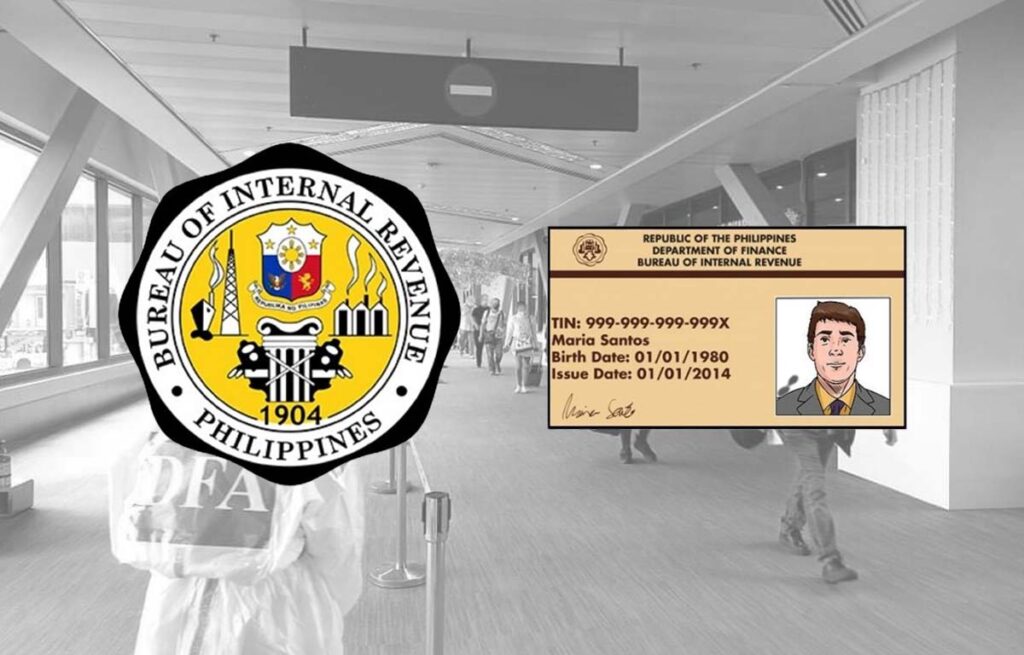This is good news for overseas Filipino workers (OFWs): The Bureau of Internal Revenue now allows OFWs to get their Tax Identification Numbers (TIN) through ‘Fully-Online’ application which opens for them investment opportunities back home even while still abroad.
Albay Rep. Joey Sarte Salceda, chair of the House Ways and Means Committee, who proposed the measure, said “a fully online” TIN application for overseas Filipino workers (OFWs) could open up prospects for better and secured investments of their earnings.”
Salceda noted that OFWs are among the country’s foremost sources of revenues, remitting around $12 billion annually, “which makes them a bigger source of foreign currency than even foreign direct investments.”
The ‘Fully-Online’ TIN application will be an opportunity “for OFWs who may be particularly interested in investing in Philippine stocks as a means for preparing for their return to the country and to secure the future of their families,” instead of going into unreliable ventures or worst preyed on by scammers, said Salceda, a former stock market analyst.
Salceda earlier wrote BIR Commissioner Caesar R. Dulay to allow OFWs to apply for TIN without the need for physical appearance (since most them are still abroad), if not time consuming and risky on their part, especially with the pandemic.
On top of BIR’s commitment to make the process fully online starting this year, the BIR also said OFWs may now apply for their TINs through an authorized representative or via email if they need the TIN to contribute to the Personal Equity and Retirement Account (PERA).
“Of course, once OFWs have a TIN for PERA purposes, they will then be able to use that TIN for applying for a brokerage account, so this is good news. Imagine if we were able to invest some of their remittances in worthwhile programs and projects,” he added.
“Due to the requirement that taxpayer information be verified via personal appearance in the BIR, OFWs who are still abroad are unable to open stock brokerage accounts without their TINs–and because getting a TIN requires personal appearance, they are practically locked out of the market,” Salceda wrote to BIR.
He said financial security after their stint abroad remains a challenge for OFWs, and allowing them to invest in stocks is one good way to help secure their future.
Salceda said he is also optimistic that the Consumer Financial Protection Act, which he principally authored and already passed by the Lower House on third and final reading, will be approved before Congress adjourns this year.
The enactment of this law will be good for OFWs as they tend to be “frequently targeted by scammers who present them fake or fraudulent investment schemes,” he said, adding that the Consumer Financial Protection Act has still a “strong chance” of being enacted in the 18th Congress.
